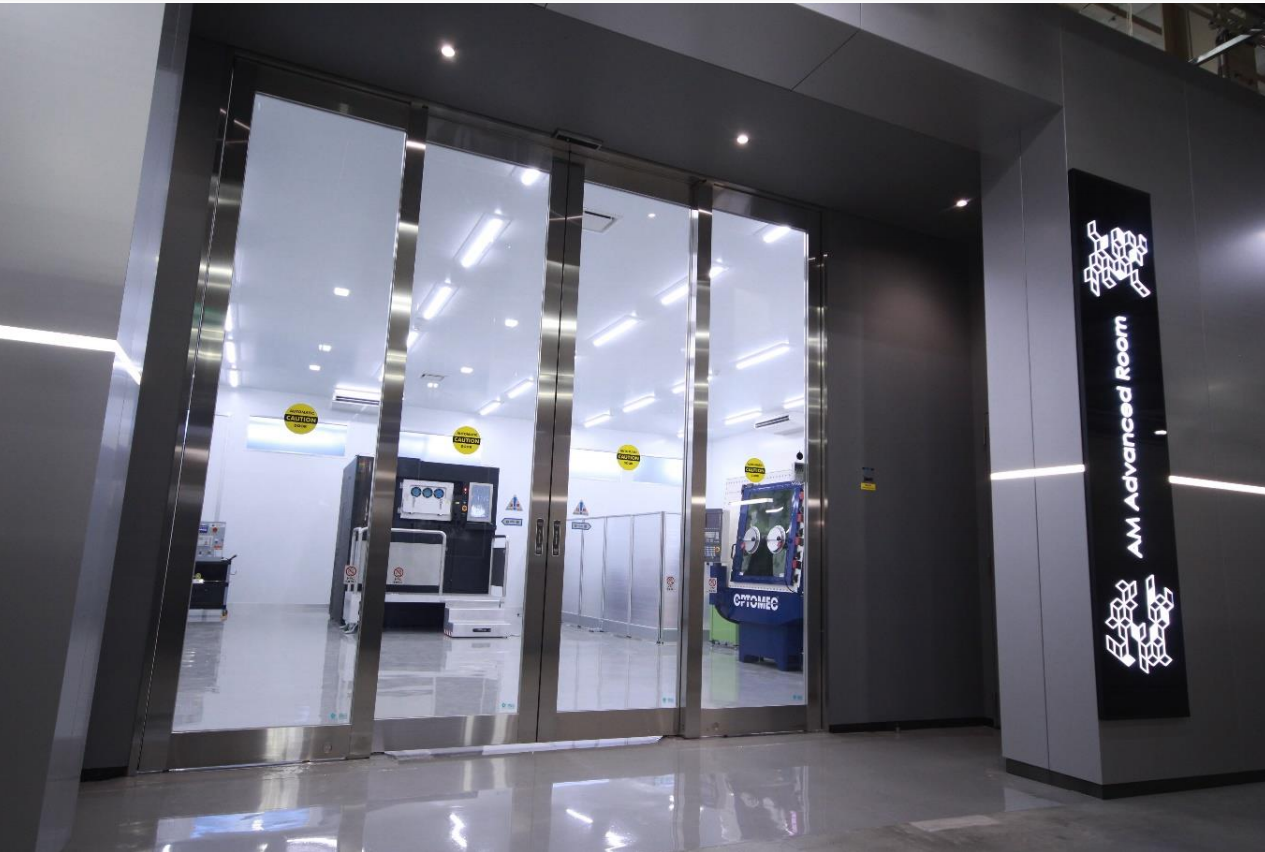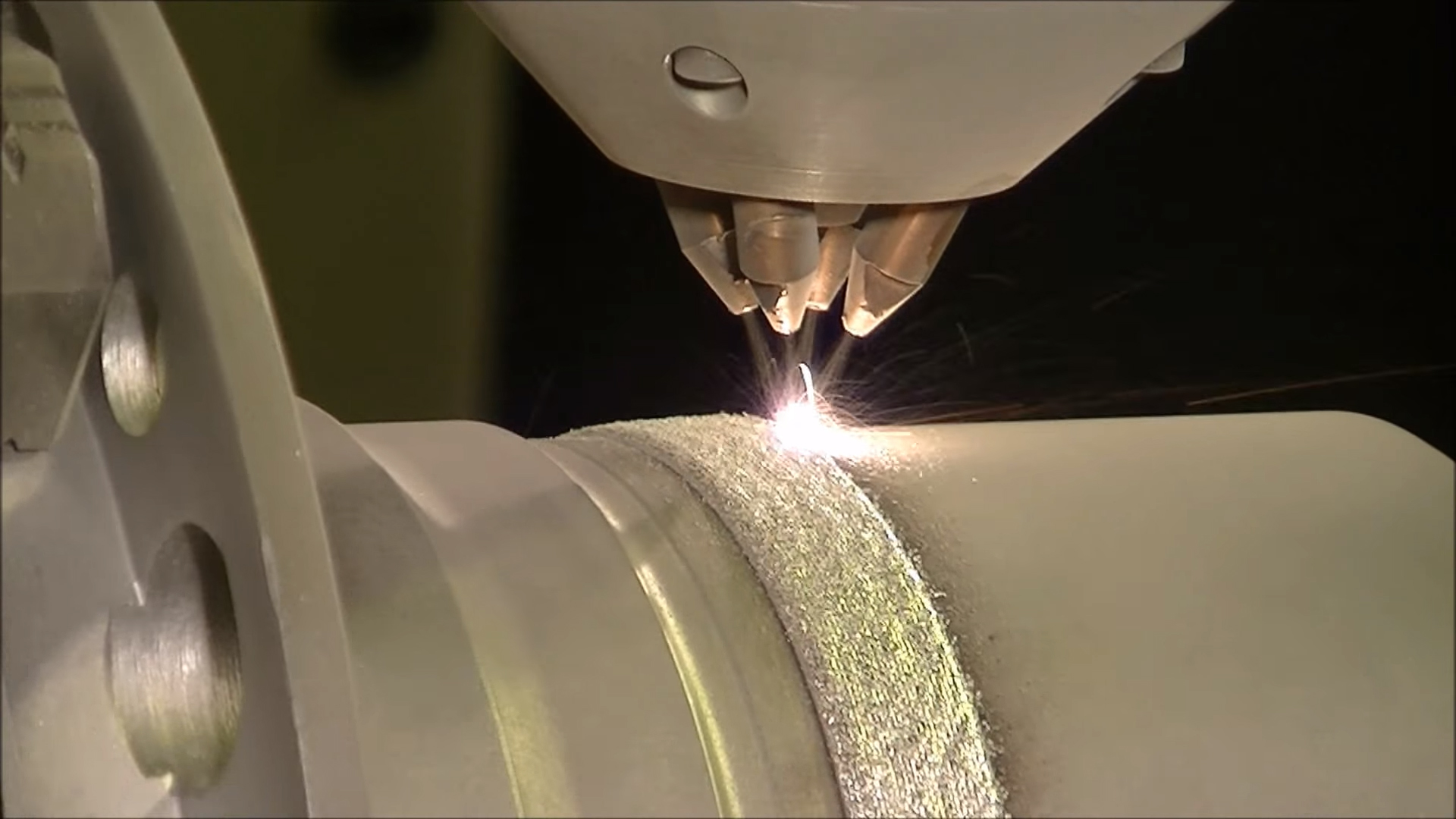Japanese industrial gas company Taiyo Nippon Sanso Corporation (TNSC) has announced the opening of a new metal 3D printing research and development facility.
Dubbed the ‘Additive Manufacturing Advanced Room’, the facility is located at the company’s Yamanashi Laboratory, and was originally established in October of 2020. TNSC has stated that the Advanced Room will be used for the development of core 3D printing technologies, demonstrations, and customer support, among other applications.

The Additive Manufacturing Advanced Room
As a subsidiary of Mitsubishi Chemical Holdings, TNSC is one of the leading suppliers of industrial gas in the world, and the largest in Japan. The firm also produces gas management apparatus, energy devices, and commercial stainless steel products, serving a wide variety of industries such as chemicals, electronics, automotive, maritime, and even medical.
Operating on the strong belief that 3D printing is absolutely crucial in the push to industry revolution 4.0, the company expects the technology to revamp supply chains and encourage sustainable manufacturing practices. In fact, TNSC has previously identified metal 3D printing as a priority business area in its ‘Ortus Stage 2’ mid-term management plan.
As such, the company’s new laboratory is already home to a number of industrial additive manufacturing systems, including VELO3D’s Sapphire PBF printers and Optomec’s LENS DED printers. The Advanced Room also features a set of 3DPro gas management machines, which utilize proprietary gas technology developed by TNSC itself. On top of helping industry partners discover new metal 3D printing applications, TNSC will use its facility to innovate novel modeling processes, with the ultimate aim of “contributing to corporate sustainability”.

TNSC’s additive manufacturing investments
The firm’s sustainability-centric philosophy is backed by substance too, as the Advanced Room announcement comes following a string of 3D printing partnerships and investments over the years.
TNSC has previously announced a strategic alliance with DED 3D printer manufacturer Optomec, to become a reseller of the company’s proprietary LENS machines (which rely on inert gases to operate). The firm also entered a technical and commercial partnership with 3D printing service bureau Sintavia, with the aim of developing and commercializing new gas flow processes to optimize metal 3D printing.
In 2019, the Japanese company also took part in co-founding the Additive Manufacturer Green Trade Association (AMGTA), which was created to promote the sustainability benefits of 3D printing. The trade group recently published its first commissioned university research paper on the environmental effects of metal 3D printing, determining that 3D printing actually has a higher average carbon footprint than conventional manufacturing per kg of material processed. It’s worth noting that part geometry has a major impact on this conclusion, however, and the production of more complex geometries is where 3D printing becomes more sustainable.
Subscribe to the 3D Printing Industry newsletter for the latest news in additive manufacturing. You can also stay connected by following us on Twitter and liking us on Facebook.
Looking for a career in additive manufacturing? Visit 3D Printing Jobs for a selection of roles in the industry.
Featured image shows the Additive Manufacturing Advanced Room. Photo via TNSC.


